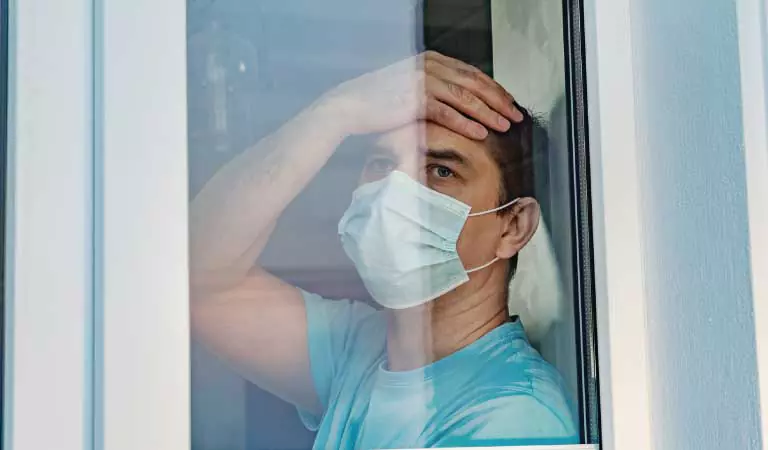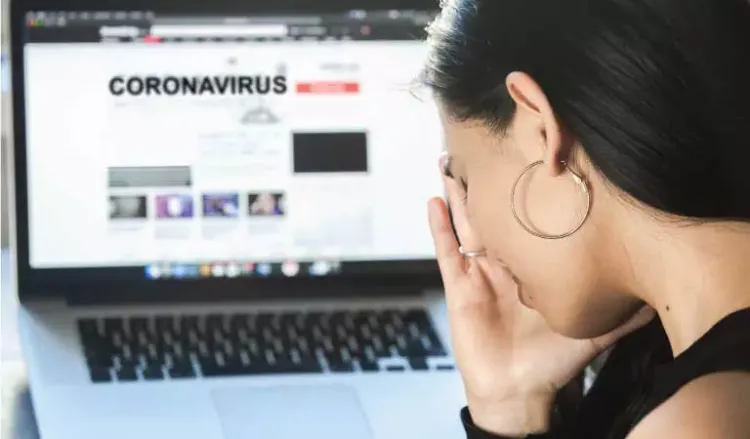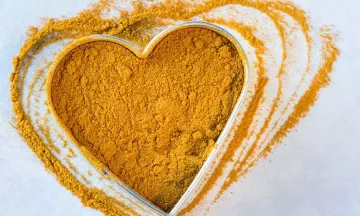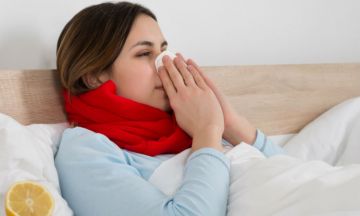Coping with Pandemic Stress: Mental Health Tips
From having a jam-packed schedule of commuting to and fro and working from an office environment to staying at home all day, this sudden shift may have affected many people psychologically. Did you know that the Indian Psychiatric Society has reported a surge of 20% in the incidences of mental illnesses since the outbreak of the coronavirus pandemic? (Source: NCBI)
Impact of COVID-19 on mental health
Along with the fear of experiencing the COVID-19 symptoms, it’s the economic alterations and crisis which increase mental distress. It has pushed many individuals to a point where they lose hope and fall deeper into the pits of depression, loneliness and even suicide. According to a recent article published by the New England Journal of Medicine, elderly people with weak immune health are more vulnerable to these effects on mental health.
The lack of social interaction surrounding the Coronavirus disease adds to the growing paranoia. If you have pre-existing mental distress, this may further trigger your symptoms. For instance, your anxiety may flare up due to the uncertainty as to when the pandemic will subside. Or due to the increasing job insecurities and potential financial threats.
Read more about anxiety: https://www.drbatras.com/homeopathy-treats-anger-and-anxiety-gently
So, how do you deal with a pandemic and take care of your mental health? Here are some tips:
Coping Tips
-
Minimizing news consumption:
It’s good to stay informed about the on-going status of the Coronavirus. However, don’t fall for the plethora of fake news being circulated on social media. A continuous and rapid stream of news can make you feel worried, distressed and even anxious. Go through the news from authenticated sources only once or twice a day
-
Create routine patterns:
During these highly unpredictable times, a routine is your best friend. Getting comfortable with routine will help you manage your anxiety better as it will let you have control over things.
-
Stay connected:
While social interaction isn’t recommended, there are countless mediums through which you can stay in touch with your loved ones virtually. A certain sense of connection is important for your physical and mental well-being. You can join online book clubs, coffee dates and virtual co-working spaces.
-
Pay heed to your needs:
Eat healthy rather than delving into junk food, engage in physical activities which stimulate your health and stay in touch with your loved ones. Refrain from indulging in alcohol, tobacco or similar products which will yield toxic results. Use this time to take care of yourself physically, emotionally and mentally.
-
Be empathetic to the affected and yourself:
If you know someone in your vicinity who has tested positive for COVID-19, don’t shun them. Be compassionate towards them. Similarly, don’t give yourself a hard time if you are out of a job or even if you have been infected. Reach out to people and let them help you.
-
Reassess your expectations:
Because the nation is in a lockdown state, you may want to be your utmost productive self at all times.However, don’t overlook the emotional distress it brings. Lack of motivation and lethargy is bound to affect your productivity. But give yourself some space and time to adapt to this change.
-
Identify those red flags:
Try to recognise the key factors which trigger your anxiety or depression episodes. Physical sensations such as tension, upset stomach and jitters along with actions such as compulsively checking news all the time stimulate negativity. Try to control at least one of these factors which may help you regain control.

If you feel mentally distressed and experience anxiety or depression due to the current circumstances, you shouldn’t hesitate to seek professional help. Here’s an alternative for you to find serenity and a relief from your distresses.
How does homeopathy help?
When it comes to mental distress, homeopathy follows a mind and body approach. Homeopathic treatment for anxiety and depression delves deeper into finding the root cause of the ailment which provides long-term relief. A homeopathic doctor addresses the severity and frequency of your depression and anxiety episodes. Your triggers will be different from another person’s.
For an expert’s guidance with an emotional connect at every step of the treatment, book an online appointment at Dr Batra’s®. Our consultations are provided after an in depth understanding of your unique causes and symptoms.
Conclusion
Focus on positive news about people recovering or neighbours taking care of each other which gives a certain sense of satisfaction. Sometimes you’ll be a worrier and sometimes a warrior. Try to lean more towards the latter.




